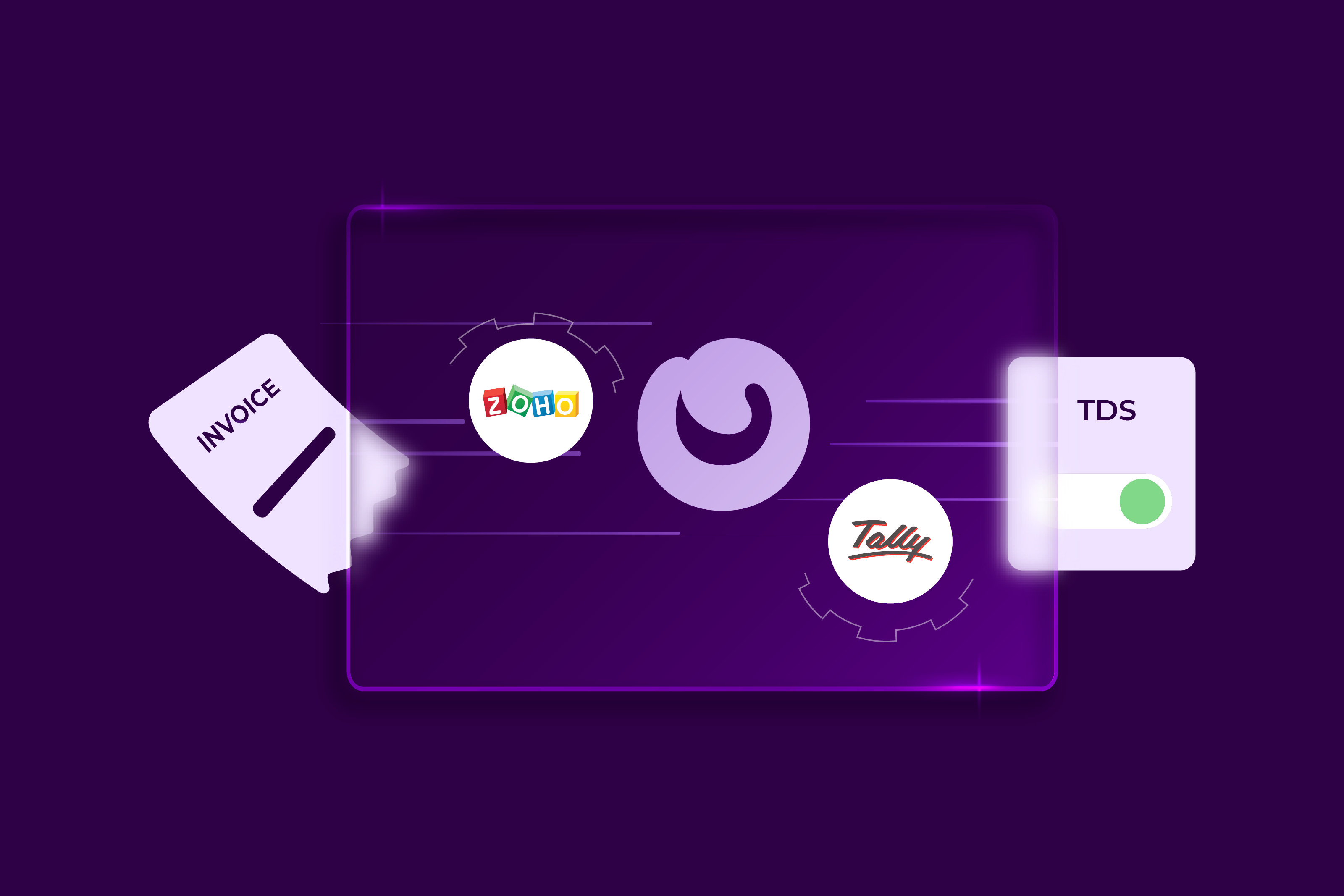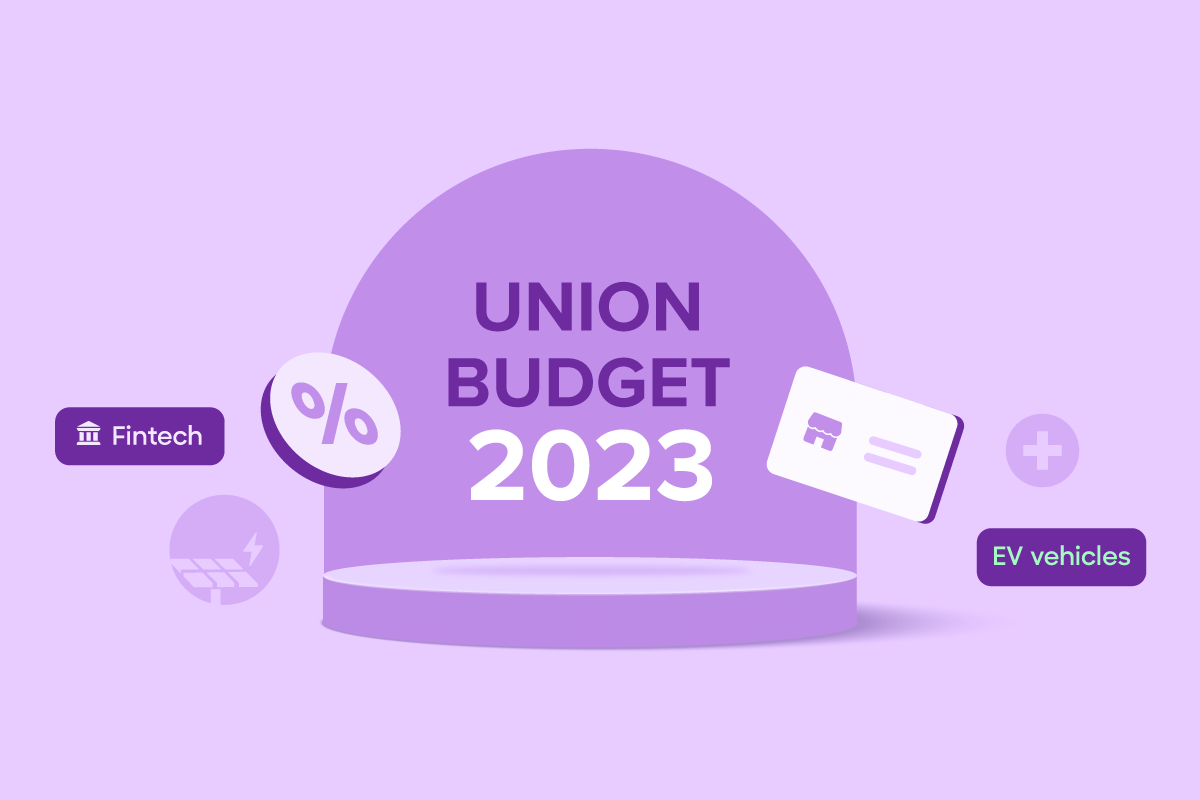Small and medium-sized businesses must stay on top of their financial health throughout the year. They need help analyzing their growing economic and operational data. The competition between business organizations is fierce, so for business owners to become industry leaders, they must understand the significance of accounting automation and implement this digital transformation in their day-to-day practices.
Accounting is one aspect that helps track income and expenditures, ensures statutory compliance, and provides investors, management, and the government with quantitative financial information to make intelligent business decisions.
Today, filing timely and accurate tax returns is one of many things that business owners expect from their accountants. Let’s take the SME and Startup segment as an example.
Keeping track of the flow of money throughout the financial year is challenging enough for SMEs and startups, and things get more complicated at the end of the financial year. Companies try to get a comprehensive overview of their cash flow by compiling all incomes and expenditures and ensuring their accounting books are clean at this time.
There are usually a number of challenges related to managing business finances during this period. These challenges are of two types, operational and business.
Operational challenges include:
- Providing the correct purchase order to vendors that match the invoices for accurate payments
- Reconciling all transactions made on or before the financial year-end
- Processing all pending reimbursement requests that match the standard operating procedures
Coming to business challenges:
- Non-negotiable regulatory changes must be adhered to as soon as possible
- There is a lack of coordination between internal and external stakeholders while closing an account
- It is difficult to get a clear picture of the business’s financial health since there needs to be more transparency.
Fintech innovations are redefining accounting services.
Accounting has always been a big part of any business. As the company expands its customer base, accountants face an ever-increasing amount of work to keep track of all the new accounts as the company grows. As such, ‘Digital Transformation‘ in accounting is needed to bring about finance automation in businesses
FinTechs play a pivotal role in this ‘Digital Transformation,’ revolutionizing how businesses manage their money and handle their bookkeeping. The advent of cutting-edge software and advances in financial technology, such as cloud-based bookkeeping and forward-thinking initiatives like Making Tax Digital (MTD), Robotic Process Automation (RPA) has changed the game.
From an accountant’s perspective, Digital Transformation has brought them relief. Fintechs do away with many heavy administrative work accountants have traditionally handled. Instead, it replaces it with more strategic thinking that makes the accountant a key partner in driving an organization’s growth.
Take a look at how fintech is transforming the accounting industry and what this means for accountants and businesses.
- Unprecedented Data Access: With the advent of cloud-based bookkeeping software, access to data is now possible in ways never seen before. Today, with the proper access controls and a decent internet connection, accountants and other stakeholders can access financial information anytime, anywhere in the world.
- Accounting Automation is changing the game: Businesses have become much more efficient and less manual in processes like credit control, forecasting, invoicing, cash flow reporting, and reconciliation. By freeing up time and resources, businesses and their accountants can take a more calculated approach and become more strategic.
Today’s accountants must be technologically savvy to keep pace with the changing industry. As technologies advance and cloud-based systems become more common, accounting professionals must become proficient at leveraging the cloud to provide their clients with up-to-date financial analysis.
You might also be interested in: Account Payable Automation: All you need to know!
Tomorrow’s Accountant Ft. Accounting Automation: More Relevant, Strategic, and Creative Than Ever
Due to the rapid evolution of the global economy, today’s accountants need many different skills than they did ten years ago.
An accountant helps business owners visualize their company’s future. They do this by extrapolating existing trends and facts. Modern accountants need a deep understanding of business to steer it steadily and ensure the business owner understands the balance between risks and opportunities. Accountants help achieve their goals by considering the industry, opportunities, and threats.
Relatedly, accountants will also need to understand how to use data visualization strategies and programs to translate all that data into insights for clients and company leaders. Accounting professionals with these skills can use predictive analytics and forecasting to advise clients or organizations strategically. As accounting automation frees up time previously spent on more mundane tasks, accountants can focus on these higher-level analytical skills.
Want to learn more about Business Finance Automation & how are CFOs evolving?
Visit – https://register.open.money/business-financial-automation-ebook/
Financial Automation: Is it the way to go?
The term “financial automation” refers to using artificial intelligence (AI), robotic process automation (RPA), and other technologies to automate accounting processes such as bookkeeping, expense management, bank reconciliation, taxation, and fungible credit.
It helps accountants to:
- Automate invoice/PO tracking and on-time TDS payments with an intelligent vendor management system working for both receivables and payables
- Auto-accounting and auto-reconciliation improve accuracy and due diligence. Automation makes this possible since invoices and transactions are auto-matched
- Manage employee payroll and reimbursements efficiently
- Showcase a unified source of truth about the business through a single dashboard view of their payments, invoices, and taxes
So there you have it
Financial year-end is always a hassle. Finance and accounting automation ensures accurate performance reports and removes the hassle of facing an unending pile of paperwork and long working hours during the financial year-end. Furthermore, it helps businesses avoid year-end financial woes resulting from unstructured and unorganized accounting data.
With Robotic Process Automation (RPA) and other data-driven technologies, accountants will have more time to devote to their business. They will now play a more creative and strategic role. As a result, companies will have more efficient workflows, reap more valuable insights from their financial processes, and help strengthen their resilience, agility, and competitive footing.
For more info on how financial automation and practice management solutions are changing the accounting industry, check out Part 2.





